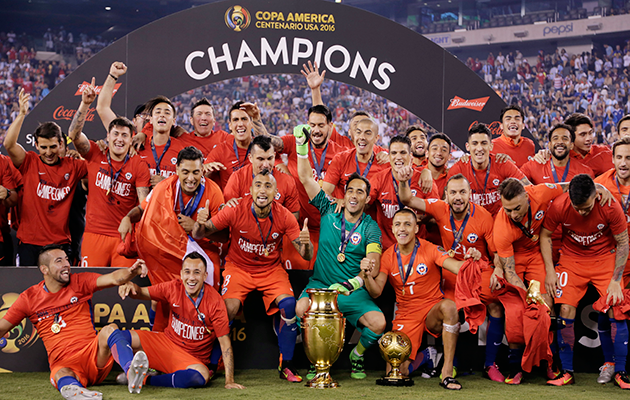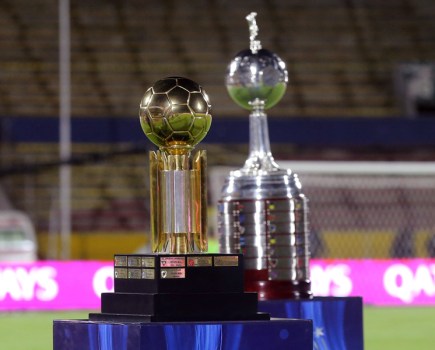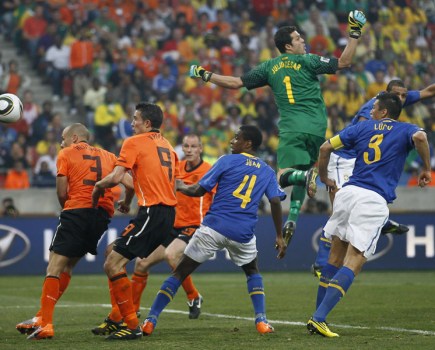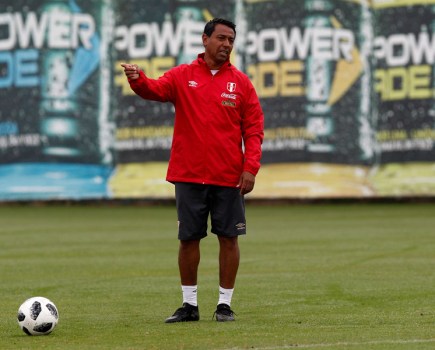The success of the English Premier League as a worldwide attraction is not reflected by any great feats of the national team. But there is plenty of evidence that, in today’s globalised game, a national team and a domestic league can be facing in opposite directions.
The flipside of England is Chile. After waiting 99 years for a title, two have come along at once for the Chilean national team, winners of the Copa America in both 2015 and 16. This has not come out of the blue. In the last two World Cups Chile have produced their best ever performances in the competition, with the exception of 1962, when they were the tournament hosts. The current generation, then, have an indisputable claim to be the best Chilean team of all time.
At club level, though, it is a very different story, despite a change in regulation and structure in the previous decade whereby clubs could be organised on business lines.
In both of the last two years, and in three of the last four, no Chilean club has made it out of the group stage of the Copa Libertadores, South America’s Champions League. No country in the continent has a worse record in the competition over this timeframe. Indeed, in recent times only one Chilean club has been truly competitive at international level – Universidad de Chile, who reached the semi finals of the Libertadores in both 2010 and 2012.
Subsequently, ‘la U’ may have been part of the problem; they have continuously acquired players who were shining for other Chilean clubs, thus weakening the competition, without being able to form another side of anything like the quality of the one fashioned by Jorge Sampaoli, who went on to take charge of the national team and has now crossed the Atlantic to become coach of Sevilla.
Further evidence of the problems in Chile’s domestic game came at the weekend. The first round of the Apertura Championship did not take place, with the players union making a series of complaints and demands, which range from the usual South American situation of unpaid wages to more wide ranging issues about the organisation of the game.
In recent seasons Chile has attempted to follow a European calendar, with its two champions per year (Apertura and Clausura) played between August and May, without the traditional South American break in January. This has not proved a big success with the players. January, high summer in this part of the world, is also the month of long school holidays, and many players would prefer to be able to take vacations with their family at this time. They are also fighting for an end to afternoon kick offs in the summer months. From mid-November to mid-March they are campaigning for no games to start before 18:00, which would cause a problem for the scheduling schedules of the TV company which owns the rights.

David Pizarro a Copa America winner with Chile in 2015.
They also want to debate the format of the championship, and especially the proposal this year to have only one team relegated and one promoted. “When there is no relegation there is no competition,” said veteran Audax Italiano goalkeeper Nicolas Peric, one of the leaders of the players’ movement. Another is David Pizarro, who has had an injury-scarred time since returning home after a decade and a half in Europe to rejoin his hometown club, Santiago Wanderers of Valparaiso. Pizarro was a member of the squad that won that first title for the national team in 2015. “We have to unite and take on all of this adversity,” he told his fellow professionals. “Today we are champions of America, but our house is made of excrement.”







